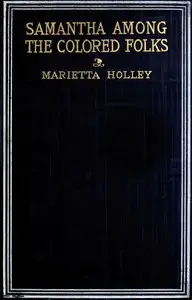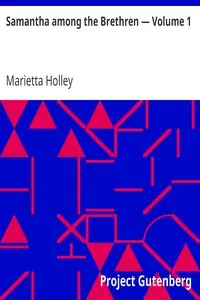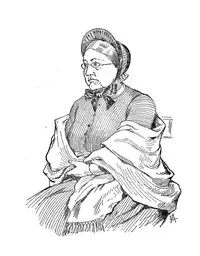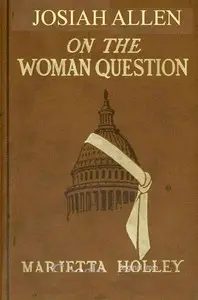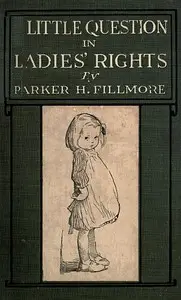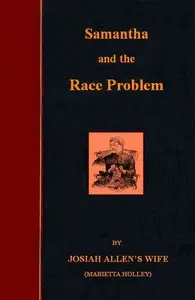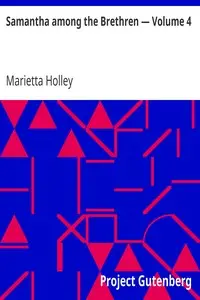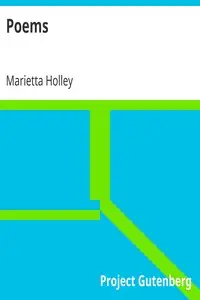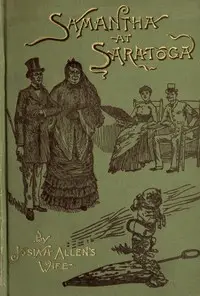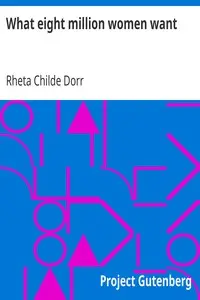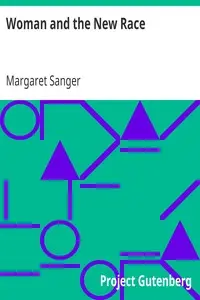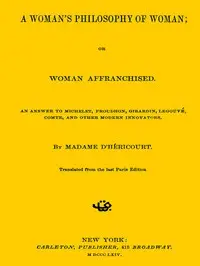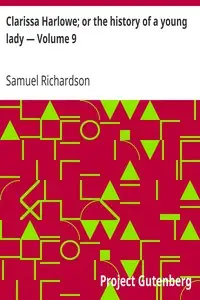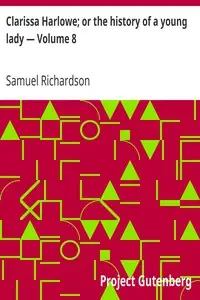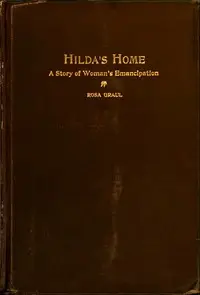"Samantha on the Woman Question" by Marietta Holley is a lively novel set in the late 1800s that looks at women's rights and what society thought was normal for them during that time. The story centers around Samantha, a brave woman who deals with the issues of her generation, especially the right for women to vote and the unfair treatment faced by women, such as her friend Serepta Pester, who looks for her rights. The novel begins with Samantha getting ready for a trip to Washington, D.C., for a get-together and to see her cousin. She meets several people from her town, including Serepta Pester, who tells her sad story of struggling with the limits of being married and living in unfair conditions. Serepta asking for help to fix her problems with the law starts Samantha's journey of standing up for women's rights, focusing on fairness, difficult relationships, and the fight for equality as she gets ready to face politics and challenge those in charge. The beginning sets a funny and thought-provoking mood, promising an interesting look at women's issues in a world that's changing.
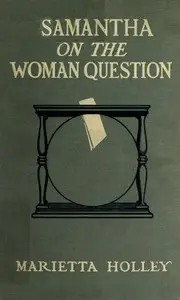
Samantha on the Woman Question
By Marietta Holley
In a world of unfair laws and expectations, one woman's journey to Washington, D.C., becomes a battle cry for women's rights and equality.
Summary
About the AuthorMarietta Holley, was an American humorist who used satire to comment on U.S. society and politics. Holley enjoyed a prolific writing career and was a bestselling author in the late 19th century, though she was largely forgotten by the time of her death. Her writing was frequently compared to that of Mark Twain and Edgar Nye. Along with Frances Miriam Whitcher and Ann S. Stephens, Holley is regarded as one of America's most significant early female humorists. Her work appealed to all classes of society. Her readers were scattered over the entire world, and included men and women of every station and grade. Her books were widely read in Europe.
Marietta Holley, was an American humorist who used satire to comment on U.S. society and politics. Holley enjoyed a prolific writing career and was a bestselling author in the late 19th century, though she was largely forgotten by the time of her death. Her writing was frequently compared to that of Mark Twain and Edgar Nye. Along with Frances Miriam Whitcher and Ann S. Stephens, Holley is regarded as one of America's most significant early female humorists. Her work appealed to all classes of society. Her readers were scattered over the entire world, and included men and women of every station and grade. Her books were widely read in Europe.

